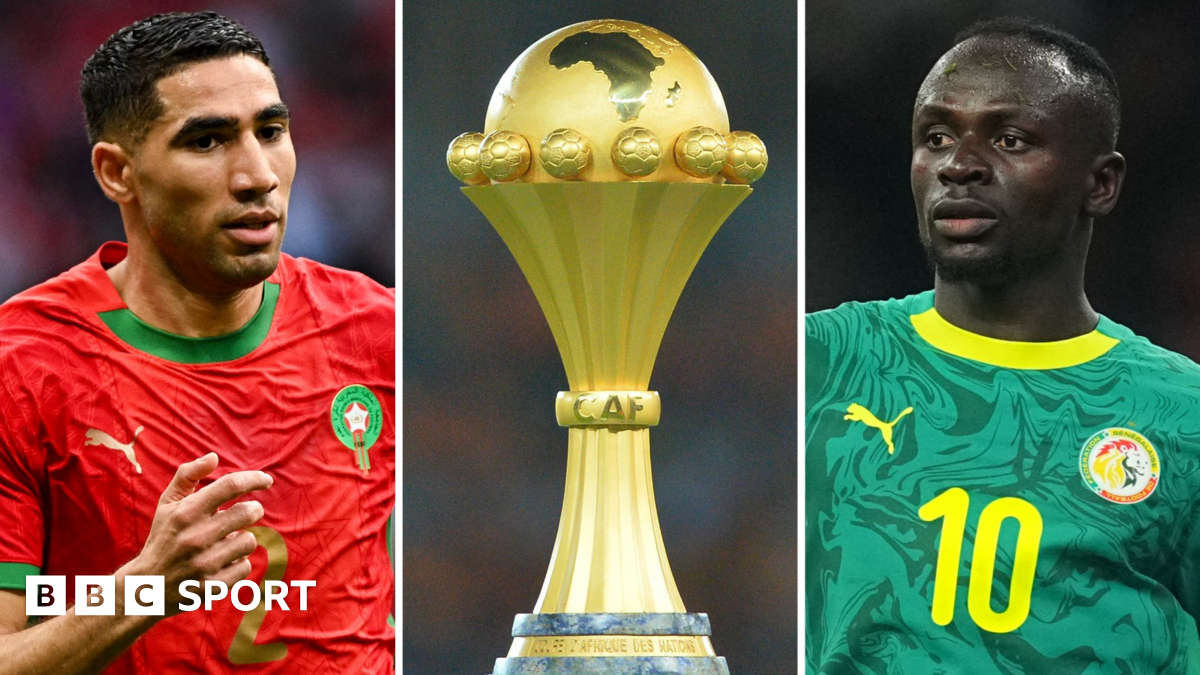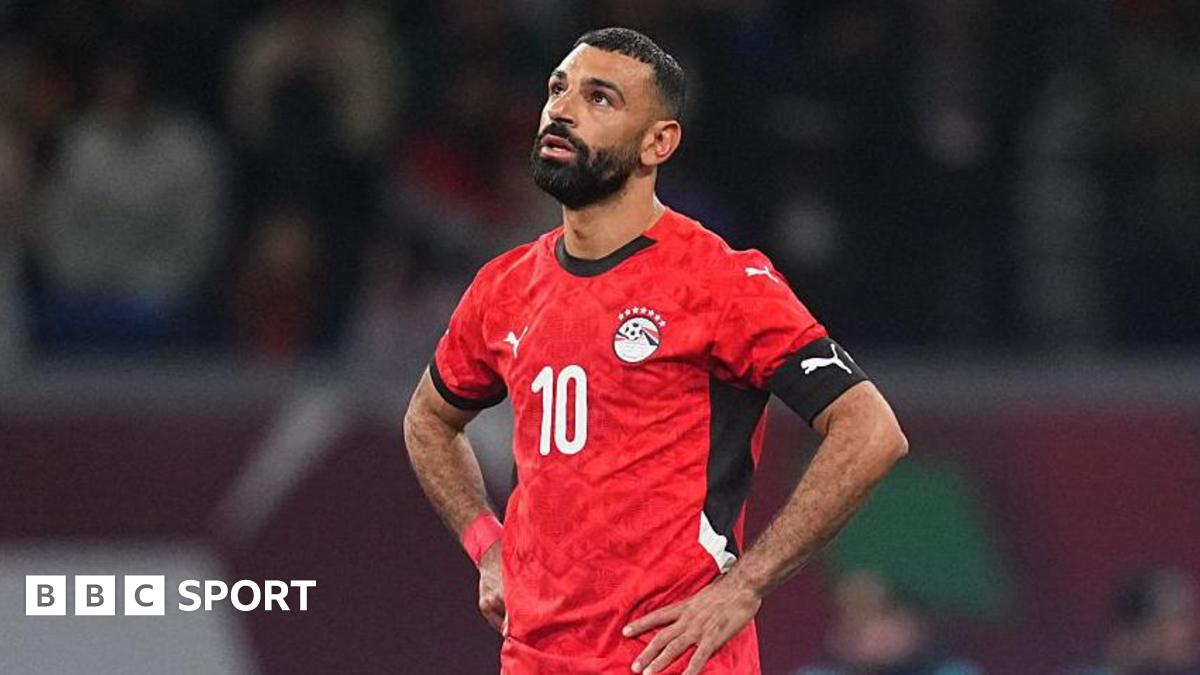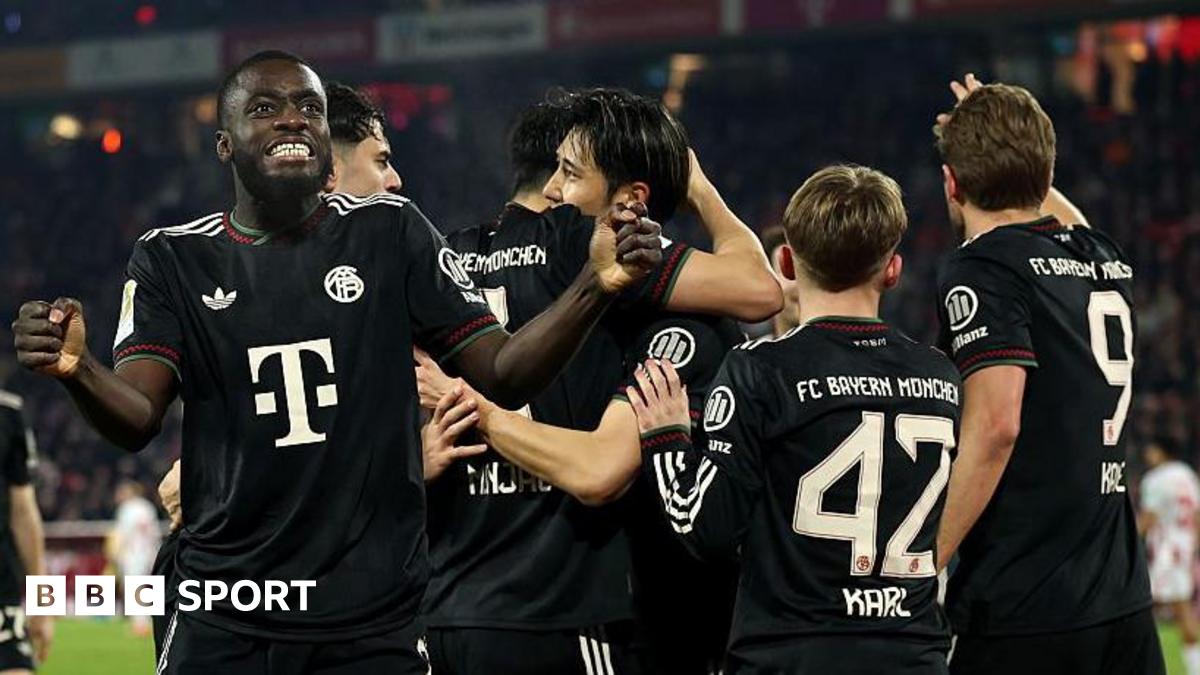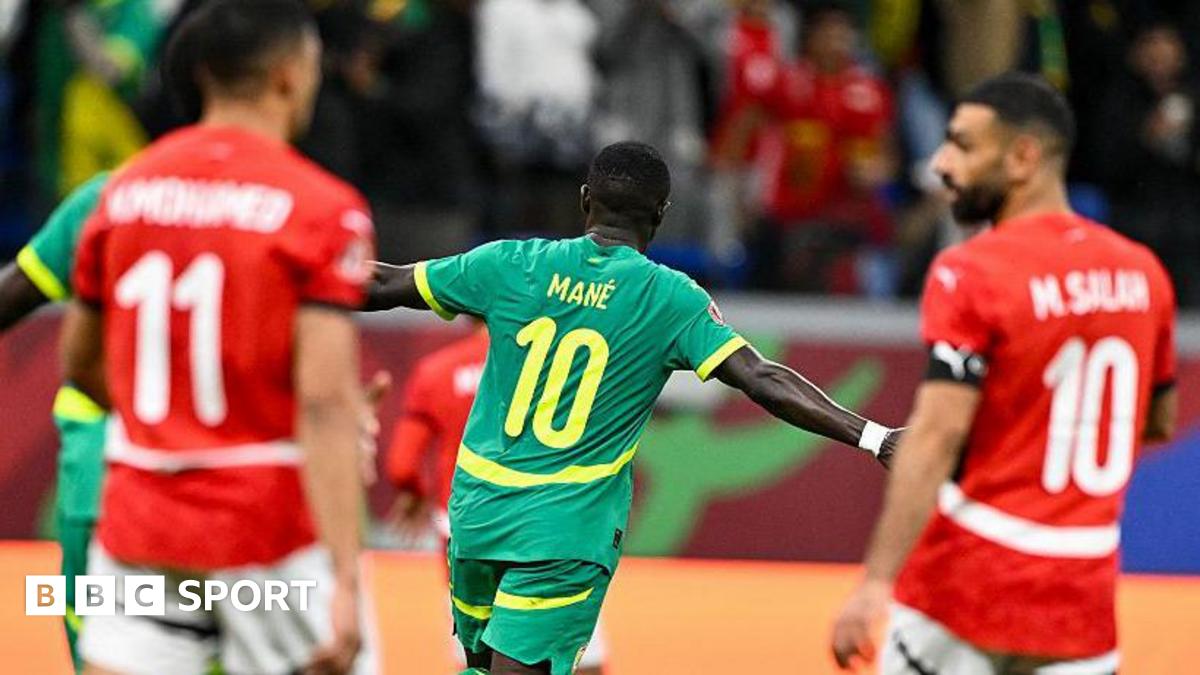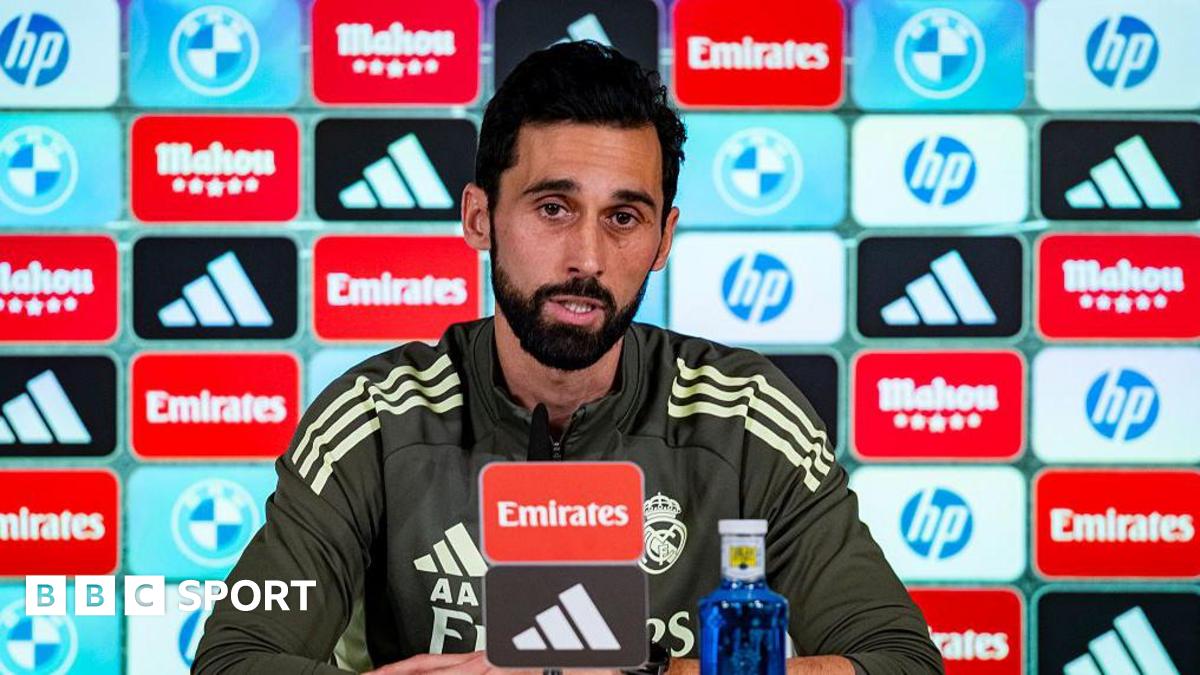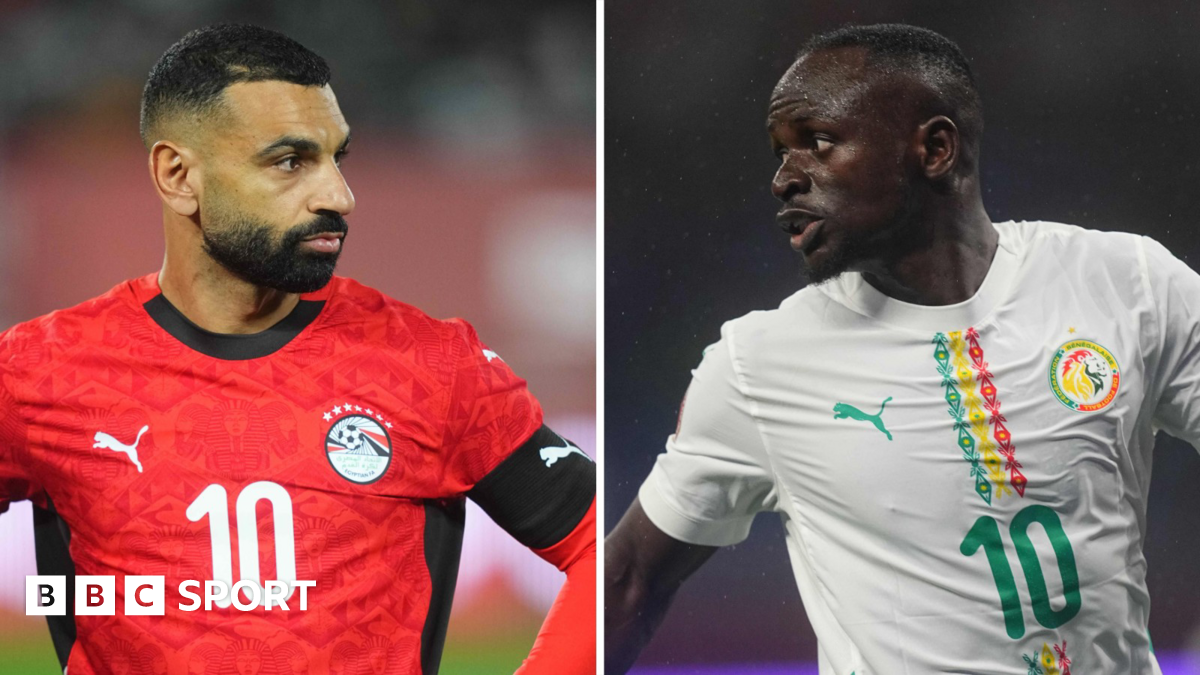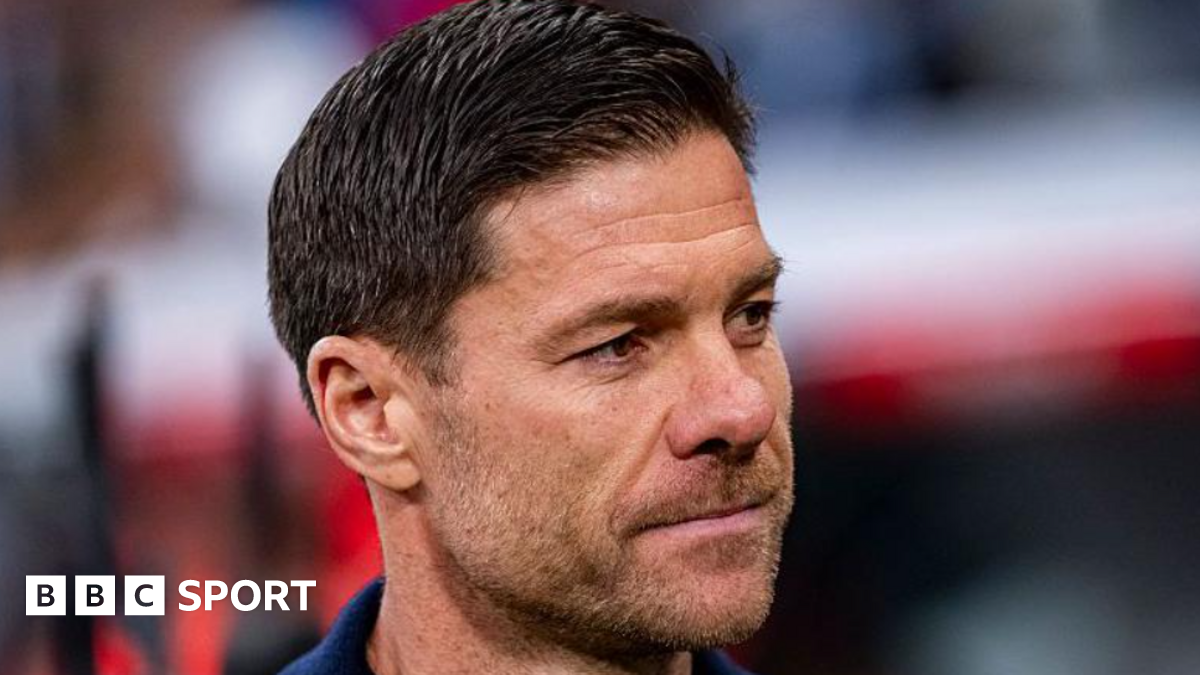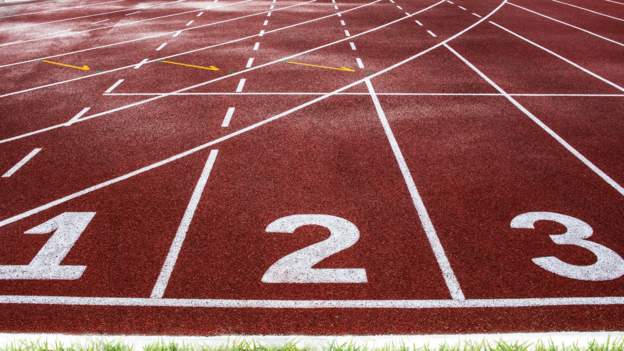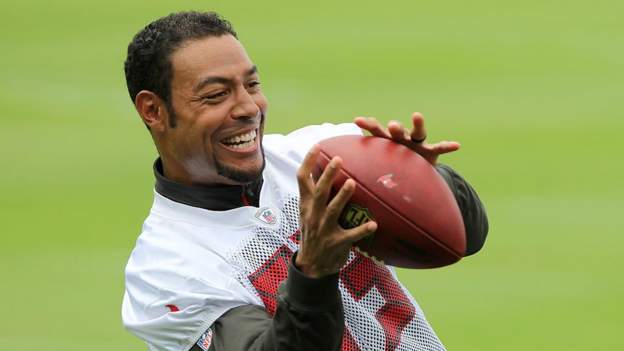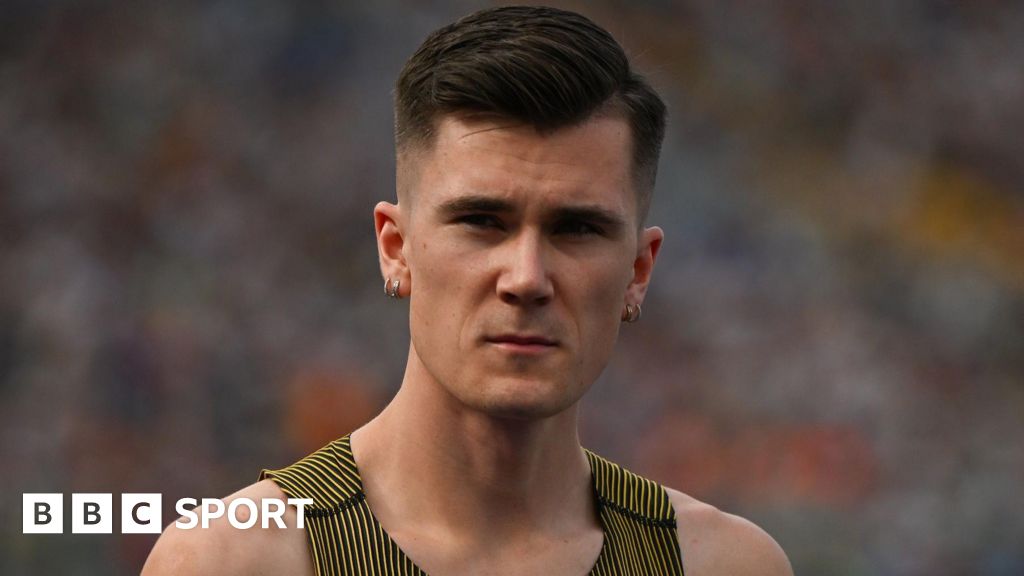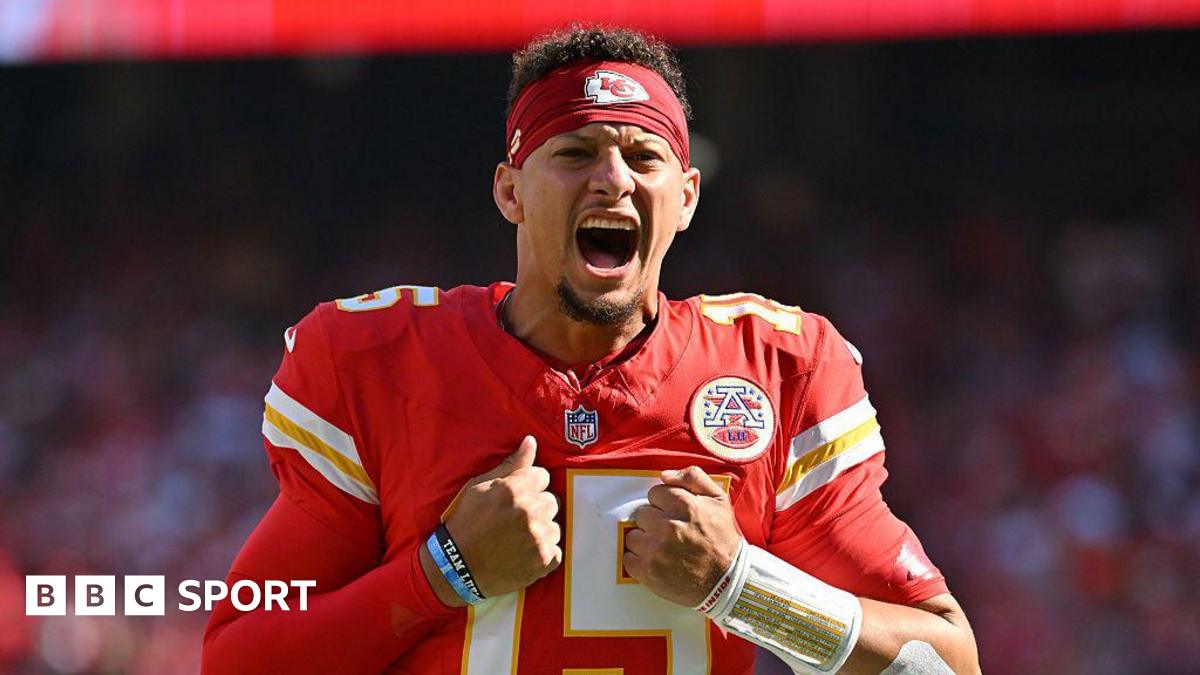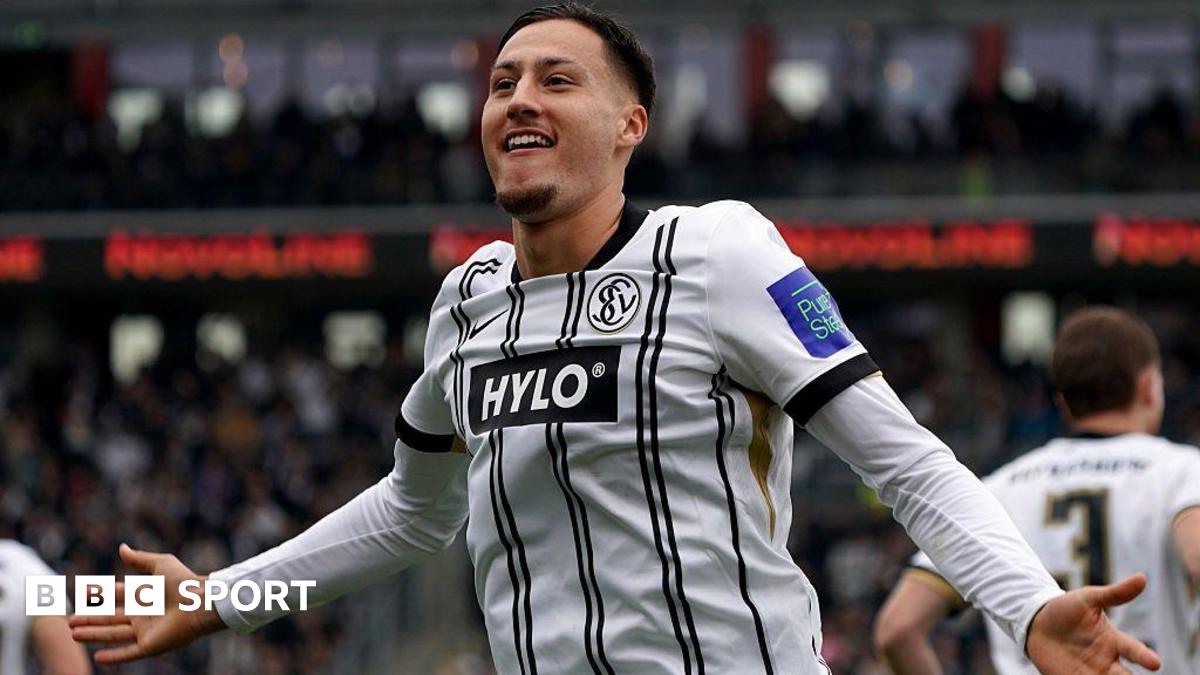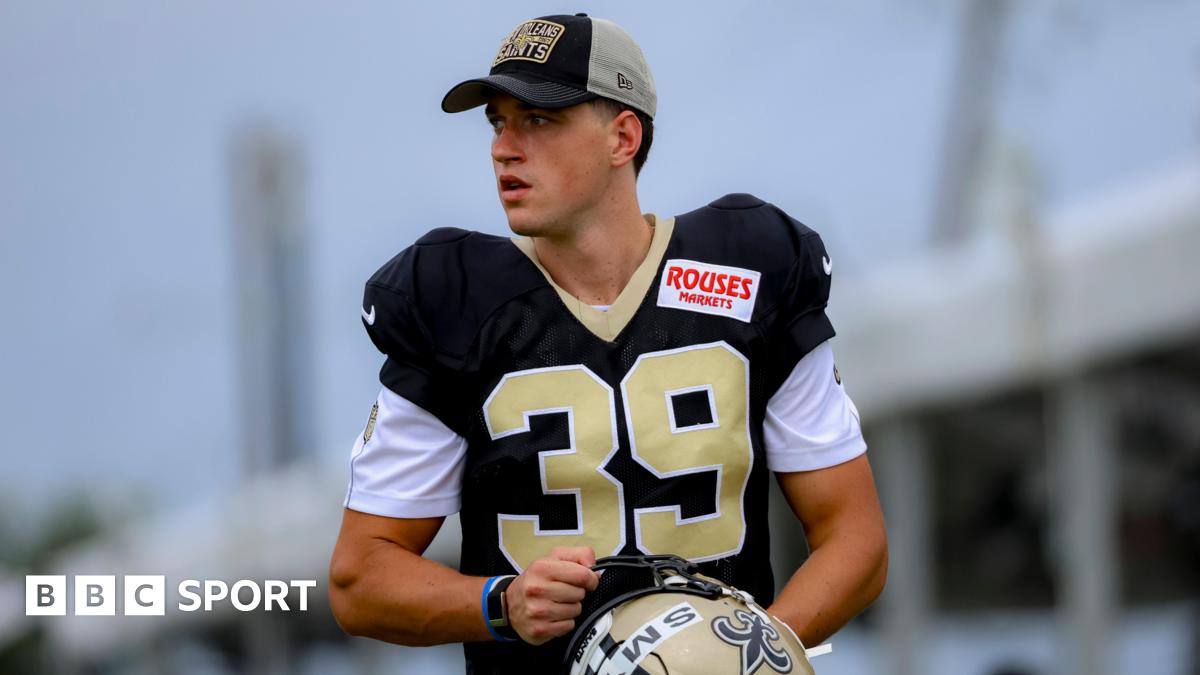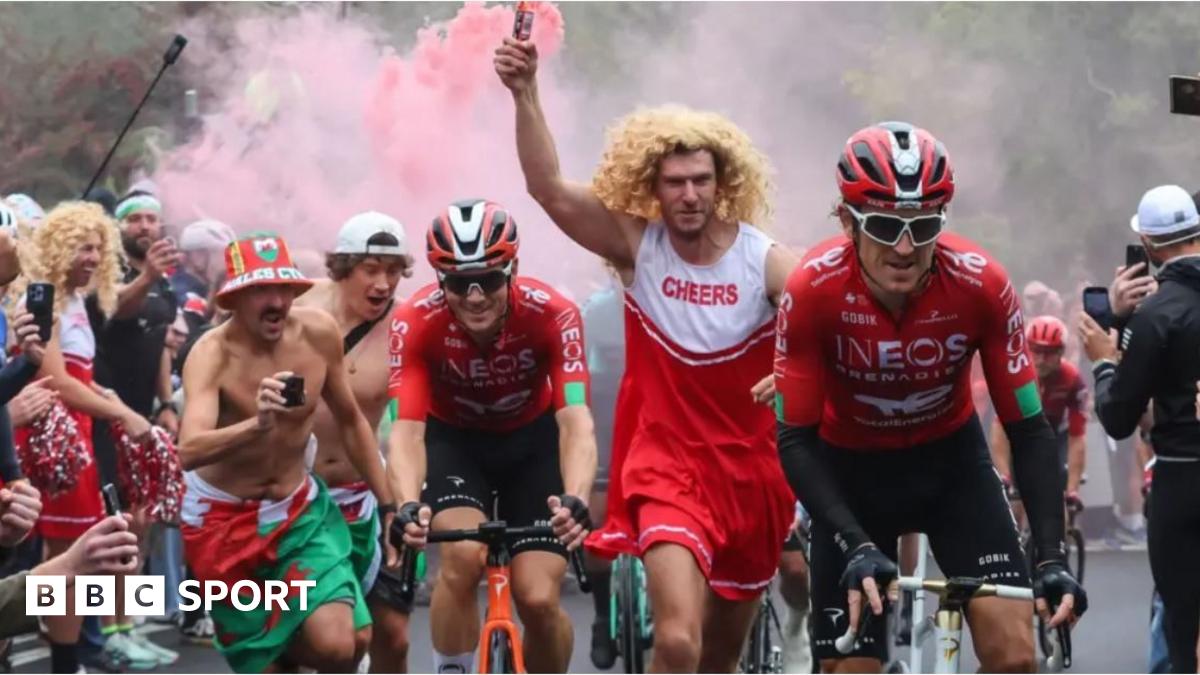Many female coaches working in UK athletics have experienced “negative” encounters with male coaches and there have been incidences of “sexual harassment and degradation”, a new report has found.
The research by Leeds Beckett University, commissioned by the Female Coaching Network, said there were “significant cultural and systemic issues” to be “urgently addressed”.
UK Athletics chief executive Joanna Coates pledged a “zero tolerance” policy for harassment.
The study, which looked into how gender equity might be achieved in the sport, included interviews with 17 unnamed coaches.
It also found over the past 10 years there have been 207 male coaches on British international teams for the Olympic athletics programme, but no female coaches.
Coates said “the insight gathered from the study will definitely help us in creating our new coaching strategy and structure”, and has had discussions with the coaches involved in the research.
What else did the study show?
As part of the study, an audit was carried out of the numbers and representation levels of female coaches at different levels within athletics in the UK.
It found female coaches were a “motivated, engaged and valuable part” of the coaching workforce, who were deeply committed to their roles and relationships with their athletes.
Yet their report highlighted a sharp drop-off in the number of women progressing to get the top qualifications.
Whereas female coaches represented nearly 30% of all coaches at level one, this dropped to 18% at level three and 11% at level four.
While there are no female coaches within senior British Olympic programme teams, at junior international level, 23 of 113 coaches in the last decade were female, representing just over 20%.
On the Paralympic programme, 31 of 109 coaches were female, or 28%.
The study found women are often “invisible” on the athletics coaching landscape, and that the issues within the sport have led to a “devaluing of women’s coaching capabilities”.
They said this is highlighted by “few invitations” to attend or present at coaching conferences.
“The coaches described working in a culture in which they are and feel minoritised. It is a culture that is underpinned by unequal gendered assumptions and in which power is retained by a few rather than the many,” the report said.
“This is in part due to a lack of professionalisation within athletics coaching. Without a professionalised and regulated system, it is open to abuse in two particular ways: the poaching of athletes, and unregulated appointment processes and networks that lead to the exclusion and powerlessness of women.”
In a section about “unequal and unsafe relationships” with male coaches, the report said: “A recurrent and serious theme to emerge from the interviews was that many women spoke of negative encounters and working relationships with male coaches.
“Such behaviours towards women largely took the form of gendered microinvalidations such as not being listened to, spoken to, disrespected, or excluded entirely (‘pushed out’). Concerningly, there were also incidences of sexual harassment and degradation against women coaches perpetrated by male coaches.”
We need to change environment – Coates
Coates – who joined UKA in March 2020 – welcomed the research and said that UKA needs to create a culture where people to feel safe to come forward with concerns.
“Some of the findings of the study I don’t believe are particularly gender specific – it has been clear to me from day one that we need to professionalise coaching, increase the development opportunities and we need to stop this culture of poaching, those are not gender-specific issues,” she said.
“I also believe this isn’t about needing more programmes that encourage women to be coaches because this isn’t just about increasing numbers.
“The statistics show we have a sport filled with excellent highly successful female coaches, we need to change the environment in which they operate and improve the experience.
“However, the sexual harassment is definitely aimed at women. And similarly to the recent concerns raised around safeguarding, we should completely and utterly have a zero tolerance for anything like this within our sport.”


